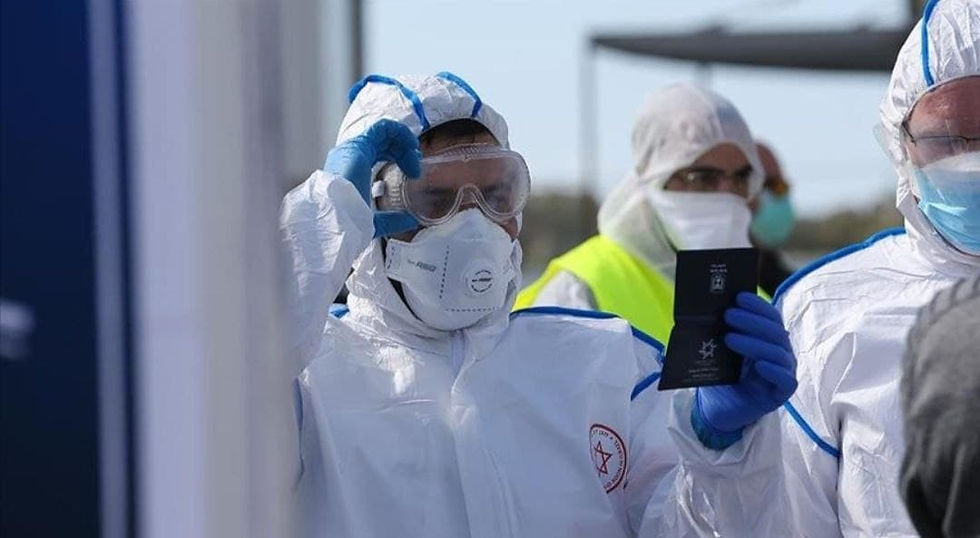Cost will be great many infections: Israel on Omicron herd immunity

As daily instances of Omicron continue to rise, Israel's top health official indicated on Sunday that the country could approach herd immunity as a result of the outbreak. The extremely contagious Omicron variety has resulted in an increase in coronavirus cases all across the world. According to Reuter’s data, global infections reached a new high between December 24 and December 30, with an average of little over a million cases reported every day. Deaths, on the other hand, have not increased in tandem, raising hopes that the new variety may be less dangerous. Israel managed to keep Omicron at bay until late December, but with infection rates picking up, daily cases are anticipated to hit new highs in the next three weeks. According to Nachman Ash, director-general of the Ministry of Health, this could lead to herd immunity. "The cost will be a great many infections," “To achieve herd immunity, the numbers must be extremely high. This is achievable, but we don't want to get there through illnesses; instead, we want it to happen as a result of a large number of people becoming vaccinated," he said.
According to the health ministry, almost 60% of Israel's 9.4 million people are fully vaccinated, practically all with Pfizer/vaccine, BioNTech's which means they have either received three doses or their second dosage lately. However, hundreds of thousands of people who are eligible for a third inoculation have yet to receive it.
Since the start of the pandemic, Israel has had almost 1.3 million coronavirus cases. According to Eran Segal, a data scientist at the Weizmann Institute of Science and a government consultant, between two and four million people could be infected by the end of January, when the Omicron wave is expected to decrease. Daily infections have more than doubled in the just ten days. Severe instances have increased as well, albeit at a much slower rate, from around 80 to roughly 100.
